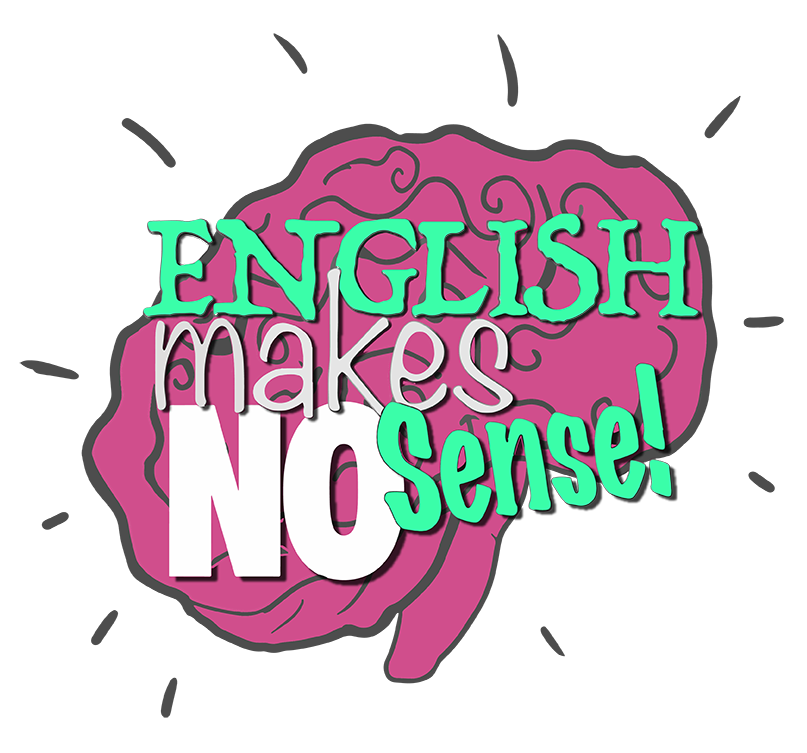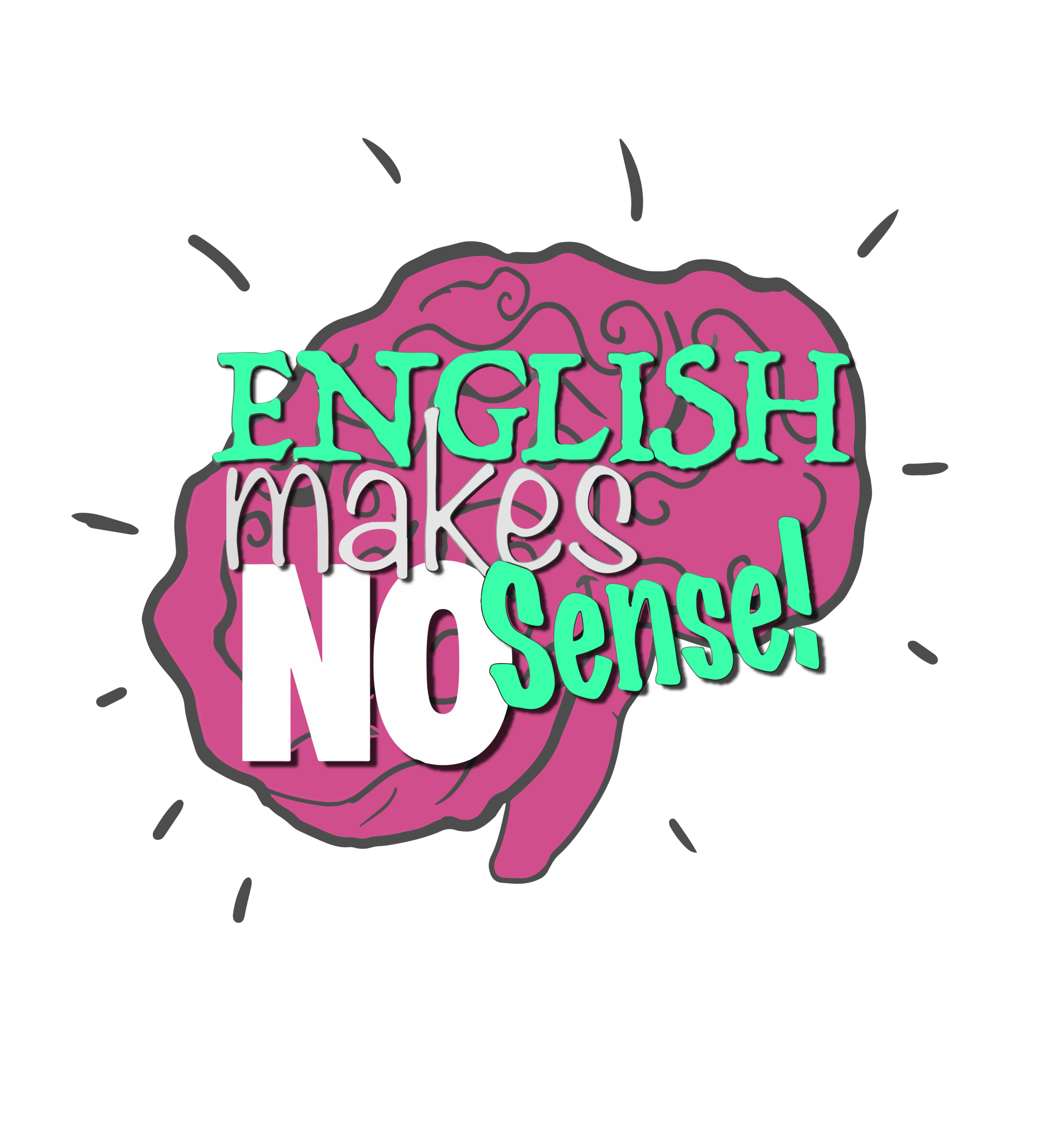[English Lesson for Beginners]
Confused about ‘start out’ and ‘start off’? This ESL lesson breaks down the differences and usage of these phrasal verbs, helping you speak English with confidence! 📚 Enhance your language skills and expand your vocabulary.
“Start out” and “start off” are phrasal verbs that both mean to begin or initiate something. However, they are used slightly differently, and their nuances depend on the context in which they are used.
“Start out” often implies the beginning of a process or journey, suggesting the initial stage of something with the implication of progression or development over time. For example, “She started out as a volunteer and eventually became the CEO of the company.” In this context, “started out” emphasizes the initial phase of the person’s career trajectory, with the implication that there was a progression or evolution from one stage to another.
On the other hand, “start off” is more commonly used to describe the beginning of an action or event, often with a focus on the immediate or initial moment. It may imply a simpler or more straightforward beginning without necessarily implying progression or development. For instance, “Let’s start off the meeting with a brief introduction.” Here, “start off” emphasizes the immediate commencement of the meeting, with the expectation that the introduction will happen promptly at the beginning.
While both “start out” and “start off” convey the idea of beginning or initiating something, “start out” often implies the start of a process or journey with the implication of progression, while “start off” typically focuses on the immediate beginning of an action or event without necessarily implying progression. Understanding these subtle distinctions can help ESL learners use these expressions appropriately in their spoken and written English, facilitating clearer and more effective communication. Practice with these phrases in context, along with exposure to authentic language materials, can further reinforce comprehension and usage for ESL learners.








